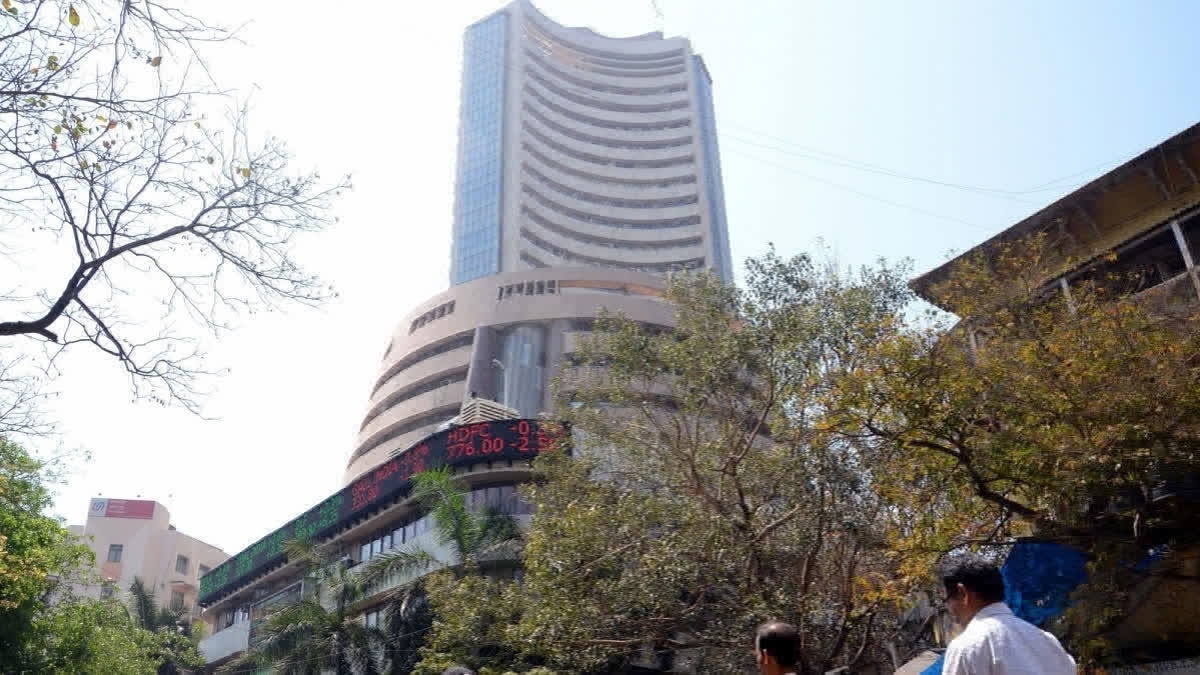By PV Rao, Director, Pennar Industries
As the world faces numerous challenges like climate change, poverty, social injustice, and inequality, SSEs offer investors an opportunity to align financial objectives with societal development.
In the landscape of finance, a radical shift is ongoing; it challenges the traditional investment landscape for financial gains. This transformation is vainly guarded by Social Stock Exchanges (SSEs); it prioritises investing in social and environmental causes along with monetary returns.
Traditionally, shareholders’ wealth maximisation is the primary objective of stock exchanges, reflecting the barbican of financial capitalism. However, as global scenarios are changing, investors now want to leverage their capital for socially responsible investing. SSEs bestow a platform to give dual benefits of financial returns and social outcomes. A marketplace for trading securities is provided where investors are able to support firms that work for social causes. These impact investors understand the power of capital in reshaping this planet for the better, and hence, these investors allocate their capital effectively and efficiently.
The first social stock exchange was introduced in Brazil in 2003. Afterwards, many countries initiated these SSEs, like the United Kingdom, South Africa, Canada, Singapore, Portugal, and Jamaica. The concept of SSEs has been introduced in India in the budget speech of the Financial Year 2019-20 by Finance Minister Nirmala Sitharaman. From registering ‘SGBS Unnati Foundation’ as the first entity under SSE in India to 43 entities on the Bombay Stock Exchange SSE platform and 59 entities in the National Stock Exchange SSE platform as of date.

File photo of Bombay Stock Exchange (IANS)
Securities and Exchange Board (SEBI) of India, being the regulator of SSE in India, has created stringent norms to be registered under SSE. These criteria include the mandatory age of Not-for-Profit organisation as 3 years, valid certificate u/s 12A/12AA/12AB of the Income Tax Act, valid 80G registration, minimum INR 50 lakhs as annual spending and minimum INR 10 lakhs of funds in the past year, to mention few. For a profit social enterprise, it is not mandatory to register with SSE to raise funds till it complies with all the provisions of the Issue of Capital and Disclosure Requirements Regulations and Alternative Investment Funds Regulations to raise funds.
For an entity to qualify as a social enterprise, it must focus on less privileged or underdeveloped sections of society or regions with lower performance in the developmental priorities considering governance factors, environmental sustainability and societal well-being. Along with this, an entity must have at least 67% of its revenue/expenditure/customer base of the immediately preceding 3-year average of total revenues/expenditure/customer base from its target beneficiaries. It has been stated that some entities cannot be classified as social enterprises’ corporate foundations, political or religious organisations or activities, professional or trade associations, infrastructure, and housing companies, except affordable housing.
Disclosure is required for any event that may materially impact their planned achievement of outputs or outcomes to the Social Stock Exchange(s) or Stock Exchange(s) where it is registered or has its specified securities listed, maximum within seven days or within Board specified period from the occurrence of such events. Annual Impact Report (AIR) to be submitted capturing the qualitative and quantitative aspects of the social impact generated by the entity including the impact generated by the project or solution for which funds have been raised in Board specified format, duly audited by a social audit firm employing a social auditor. Such a report is required to be furnished within 90 days from the end of the financial year.

Representational image (ANI)
The SSEs are channelling capital by touching multiple segments, from finance to tangible and intangible developments having measurable impacts around the globe. SSEs are driving inclusive economic development, training and employment opportunities, clean energy initiatives, promoting fair and efficient trade practices, skill development, education initiatives, reducing inequalities, better governance, empowering communities and paving the way towards sustainable development.
As SSEs continue to evolve and expand with time, they provide an audacious new frontier of finance, where investors are motivated to have financial returns along with environmental and social responsibility. SSEs have the potential to have an era of capitalism, where purpose and profits coincide for the welfare of this planet.
(Disclaimer: The opinions expressed in this article are those of the writer. The facts and opinions expressed here do not reflect the views of ETV Bharat)
link











More Stories
Municipality Finance issues EUR 20 million notes under its MTN programme
Intergovernmental Group of Experts on Financing for Development, eighth session
Recent developments in the Canadian economy: Fall 2024